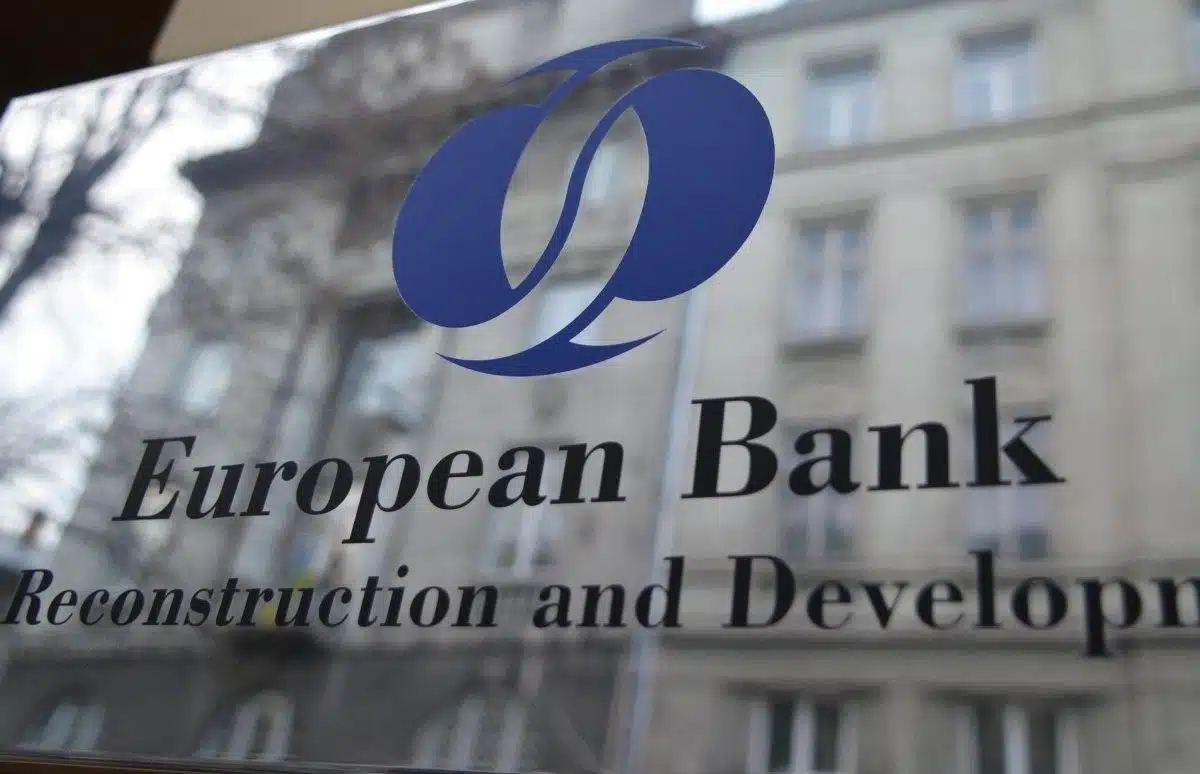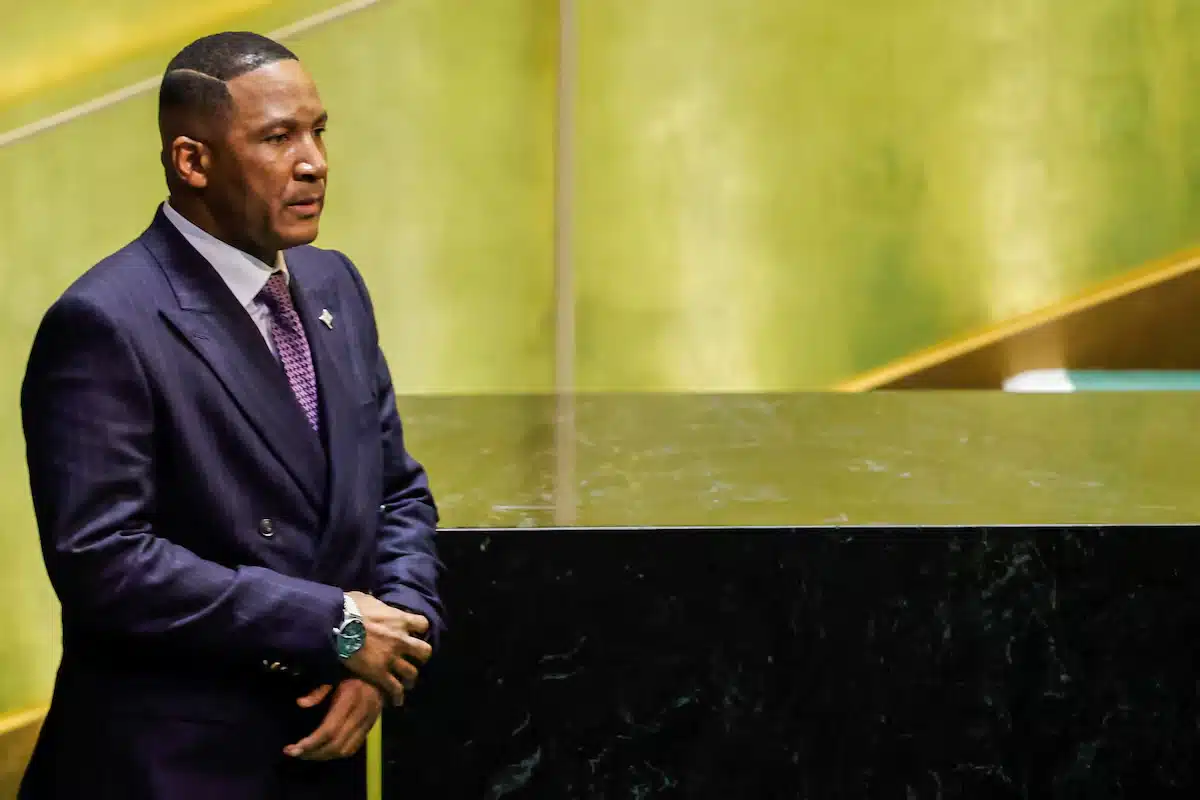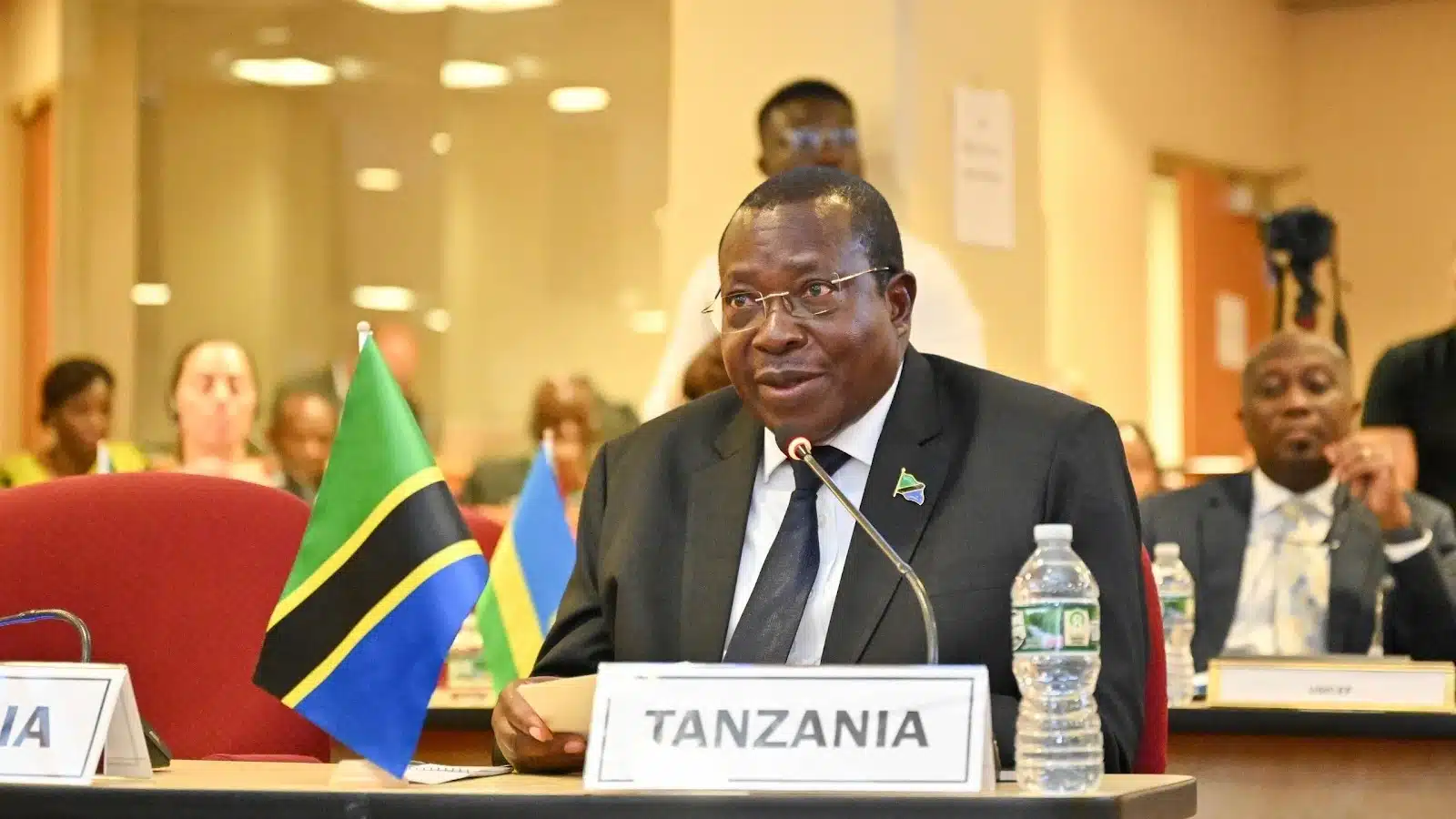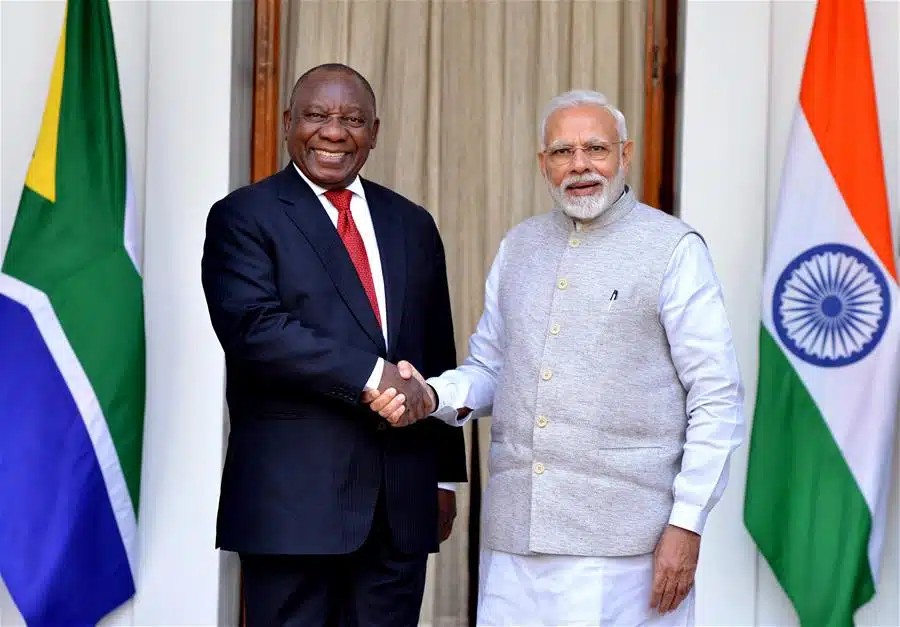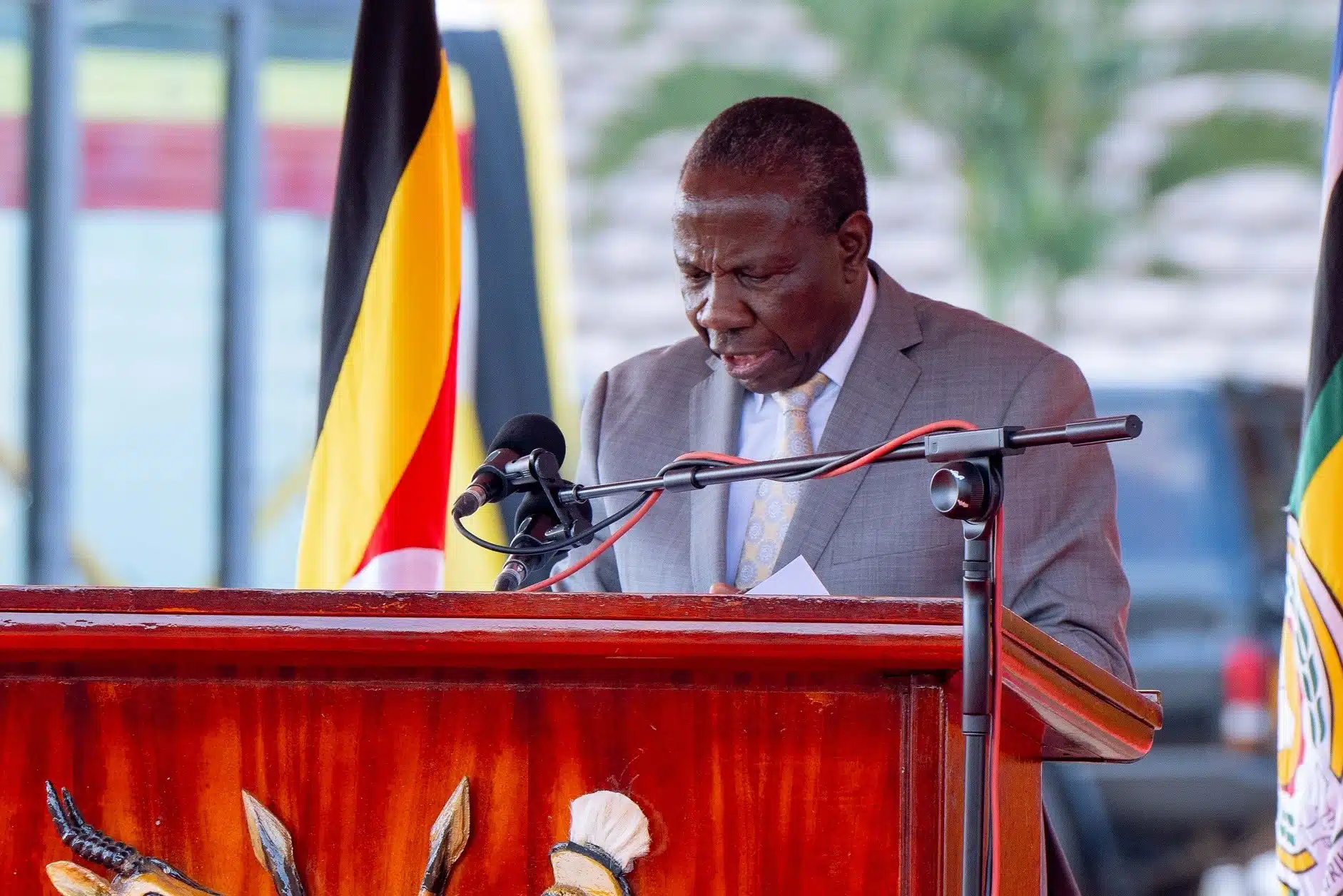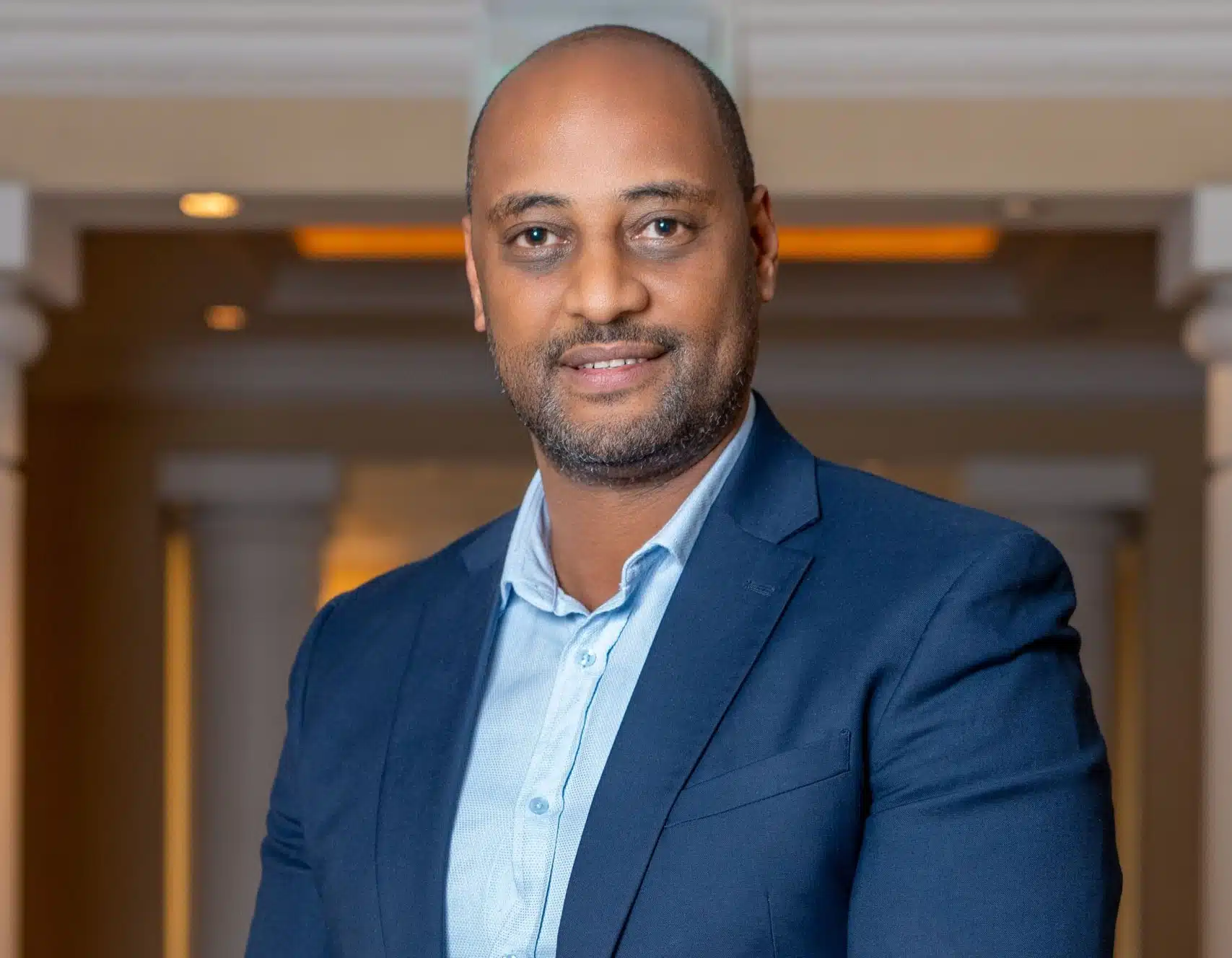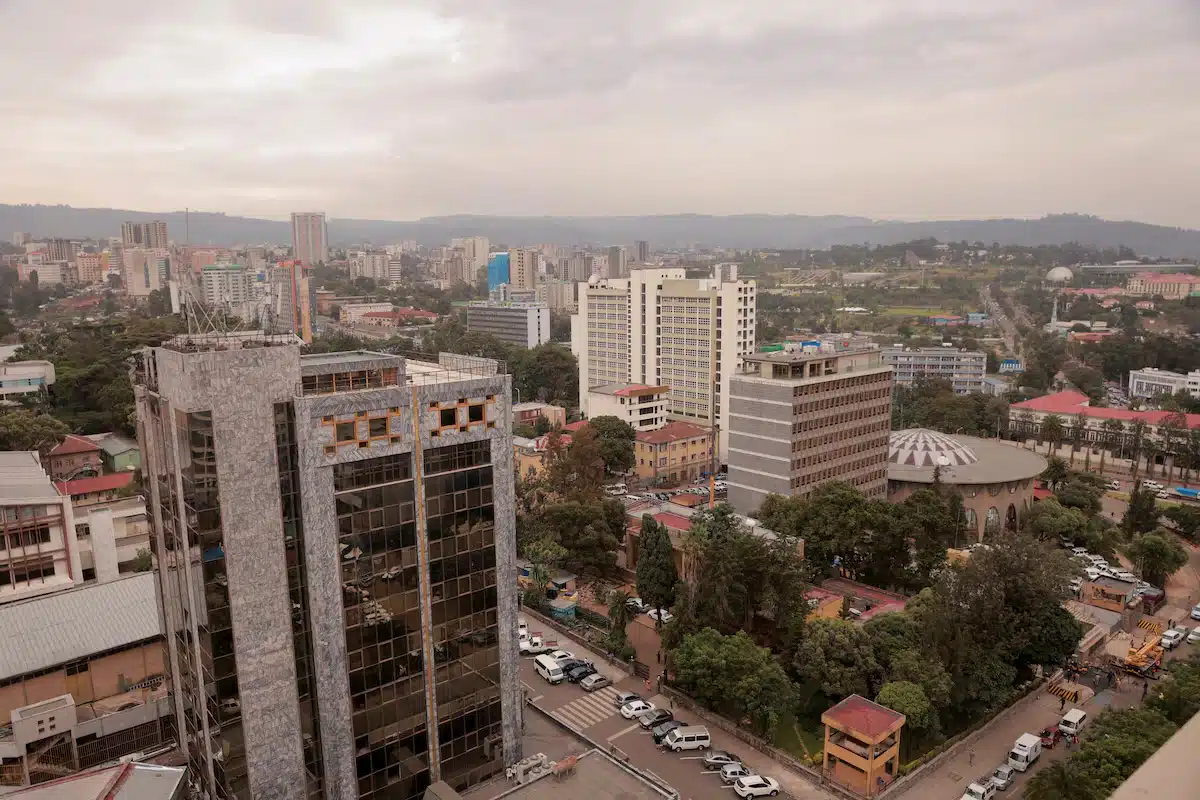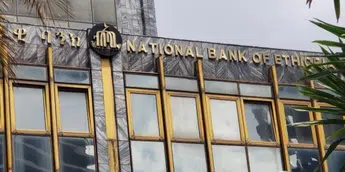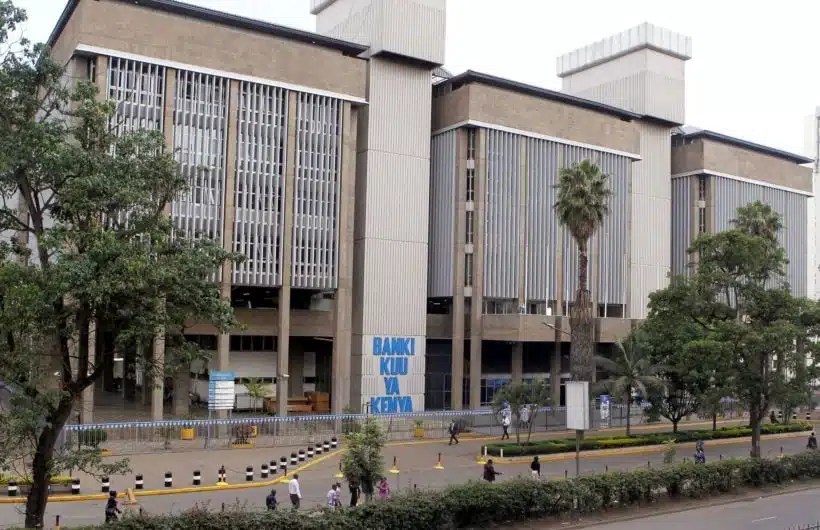The European Bank for Reconstruction and Development (EBRD) has formally approved Nigeria, Côte d’Ivoire and Benin as recipient countries, opening the door for fresh investments in West Africa as the multilateral lender deepens its push into Sub-Saharan Africa.
The approval, announced Thursday during the bank’s annual meeting, marks a significant step in the EBRD’s expansion strategy beyond its traditional markets in Eastern Europe, Central Asia and parts of the Middle East.
According to the bank, investments in the three countries will commence shortly after an amendment to its founding treaty takes effect in July 2025.
“The shareholders of the European Bank for Reconstruction and Development have granted recipient country status to Benin, Côte d’Ivoire and Nigeria,” the bank said in a press statement.
“This will come into effect once the required amendment to the Bank’s founding treaty comes into force in July 2025. The Bank will launch its investments in the three countries shortly thereafter.”
EBRD President Odile Renaud-Basso said the bank’s entry into the region would complement the work of existing development partners by mobilising finance for private sector-led growth.
“We are delighted to welcome Benin, Côte d’Ivoire and Nigeria today as countries of operations. We are looking forward to launching our activities there swiftly and establishing official representations in these countries,” she said.
The bank, which has invested over $224 billion since its founding in 1991, will prioritise green transition, stronger economic governance and human development in its new markets.
“The EBRD will leverage its financial resources and expertise to boost the countries’ economies and provide new opportunities to their people,” Renaud-Basso added.
The lender is known for its focus on private sector development, with a significant share of its portfolio dedicated to equity investments—often taking direct stakes in companies to spur long-term growth and market reform alongside traditional loan financing.
The statement also noted that Ghana, Kenya and Senegal are in the pipeline for future inclusion but still need to meet certain pre-membership conditions before they can be granted full recipient country status.
The approval comes against the backdrop of rising foreign direct investment in Africa. In 2024, FDI flows into the continent surged by 84%, reaching a record $94 billion, according to a report by the United Nations Trade and Development agency.
While the sharp rise was largely driven by Egypt’s massive Ras El-Hekma Peninsula Development project, even without it, Africa recorded a 23% increase in FDI inflows last year, totalling $50 billion.
The gains came despite a challenging macroeconomic environment marked by high interest rates, mounting debt and persistent political and security risks across the region.

